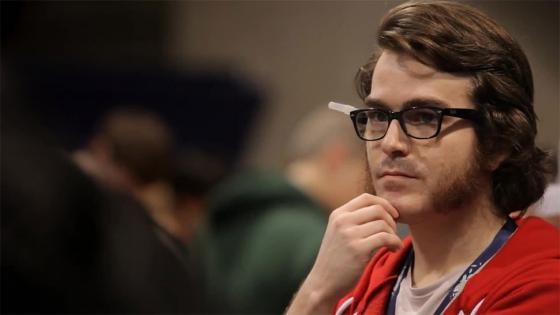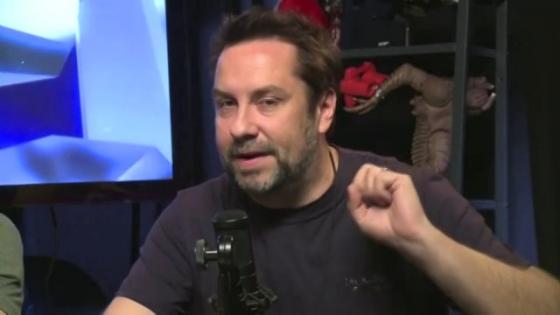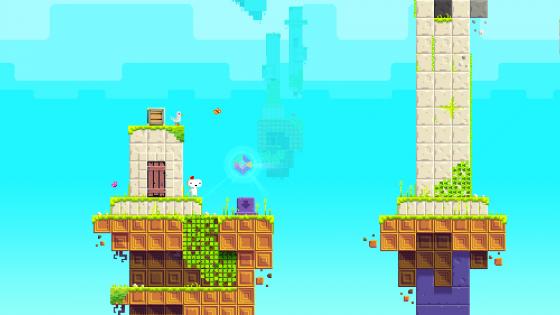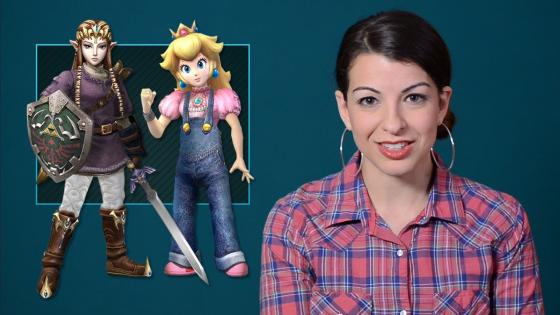The Difference Between Criticism and Abuse
Occasionally I sit down to write an article and think to myself, “Do I really have to point this out? Do I have to put this in writing, to be read by actual grown-ups?” In this case, however, it seems necessary.
Some of you may be aware of the recent fight between Fez creator Phil Fish and Internet personality Marcus Beer, in which Fish refused to comment on the Xbox One’s indie policies for Beer’s site Gametrailers and was subsequently attacked by Beer on his podcast. I won’t choose sides or go over all of the details again, that’s been covered far more competently than I ever could. I would like to address one troubling and sadly common reaction to the whole scenario, that being that Phil Fish simply needs to “learn to deal with criticism.” This is factually incorrect. What Phil Fish endures is abuse, not criticism, and the difference between those two words is vital.

As both a game reviewer and a perpetual pessimist, I spend a great deal of my time criticising video games, as well as publishers and developers. Here are some phrases that I might use in an average game review or opinion piece: “The game is paced poorly.” “The graphics are sub-par.” “This publisher’s micro-transaction policies are unreasonable.” Those phrases constitute criticism.
Now, here are some phrases that I would not use in a review: “You’re a fucking tosspot hipster.” “I’m going to kill your family.” “I hope you commit suicide.” Those phrases constitute abuse, and they’re exactly the kind of phrases that Phil Fish, along with many other developers, found themselves faced with on a daily basis.
That’s the big difference, right there. Marcus Beer, along with the snarling hateful hordes of the Internet, was not offering legitimate criticism of Fish and his games. I’m certain that if Beer had attacked the graphical qualities of Fez, Fish’s reaction wouldn’t have been nearly as vicious. What Fish faced was not criticism, it was targeted, personal, hate-filled abuse, and this can never be condoned, regardless of how “thick-skinned” you think someone in the public eye should be.

Another common argument is that because Fish himself is provocative, he gives as good as he gets and as such deserves the abuse. Again, there is a huge difference between what Fish does, in that he speaks candidly about the games industry, and what his detractors do by attacking him personally. The oft-cited “Japanese games suck now” incident is a perfect example; Fish gave his opinion on the prevailing regression of the Japanese games industry relative to the West in a frank and unpolished way. He named no names and attacked no-one directly, and was still subsequently branded as a racist and viciously attacked on a personal level. Fish offered criticism and received abuse, and it simply cannot be justified by rational human beings.
Even this argument falls apart when we look at other, less provocative figures in the gaming community. The prominent feminist Youtube blogger Anita Sarkeesian, for example, is as mild mannered and polite as anyone could be. Not once have I heard her say a word against anyone, even in the face of vicious personal attacks. She simply discusses videogames, pointing out problems with gender portrayals in video games in a calm and well-researched manner. Again, she offers criticism, and receives abuse.
In my opinion, criticism is vital to creative growth. Whether you’re playing a video game or watching Youtube videos, offering sensible and constructive criticism is absolutely the best way for them to improve. If you think Fez is a bad game, by all means say so. The magic of the Internet has made it easier than ever to speak directly to the people who make our games, an opportunity I would have killed for as a child, and as such offering criticism to developers has never been simpler.

In contrast, sending abuse is absolutely the worst way to deal with something you dislike. Whether you want to see something improve or disappear forever, the chance to discuss a piece of work on its merit alone is lost once the abuse begins. The vast majority of Phil Fish related article that I’ve read in my time have been about fights he’s had with other people. Every article about Anita Sarkeesian has been a chronicle of the rape and death threats she’s received, with her creative work a distant second.
In cases like these, whatever grievances you may have with the work itself become a secondary issue, since all of the attention will be paid to the shocking abuse that the creators have received. You lose the chance to discuss the matter on an intellectual level the second you decide to hurl around mindless abuse.

Furthermore, since the shocking nature of these cases tends to make for good headlines, the Streisand Effect will kick in and they will most likely receive far more attention than they would have on merit alone. That’s not to say Fez is a bad game, but “Indie Dev Receives Death Threats” will always receive more attention than “Indie Dev Releases Indie Game”. As such, this tendency to attack anything and anyone that you don’t like becomes self-defeating, as well as inhumane.
Regardless of how divisive and provocative a person or their work may be, abuse of the kind received by Phil Fish, Anita Sarkeesian and many others in the gaming community can never be justified. It is not criticism. It is abuse, and it would do us all well to remember that there is a difference between the two and just stop.






COMMENTS